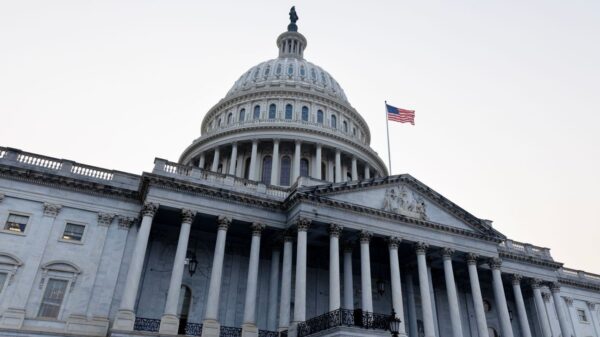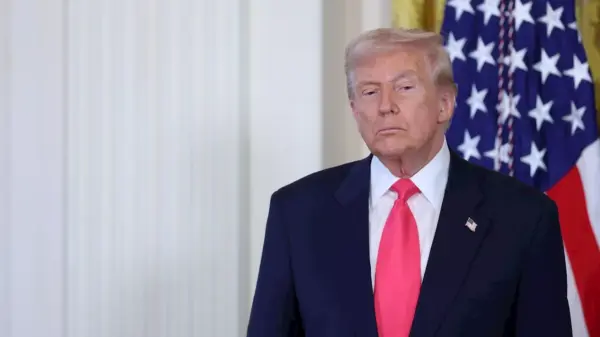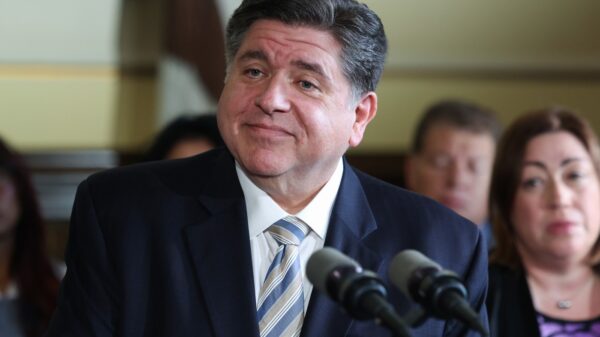The United States risks losing its status as the global leader in innovation without immediate action to revive its innovation economy. For decades, a combination of public-private partnerships, substantial science funding, and support for emerging businesses has propelled the nation to the forefront of technological advancements. However, recent cuts to research funding and a politicized atmosphere threaten this legacy.
Historically, the U.S. has fostered a culture of risk-taking and free inquiry, essential for innovation and entrepreneurship. Innovative companies established in the past fifty years account for nearly half the value of the U.S. public markets. With approximately 4.1 million startups in the country, these businesses create around 3 million jobs annually. The foundation of this growth stems from federal research investments that support scientific inquiries before they translate into marketable products.
Challenges to Innovation
Public investment has been pivotal in developing groundbreaking technologies, from the origins of Silicon Valley during the Cold War to National Institutes of Health (NIH)-funded research leading to significant advancements like the mapping of the human genome. Despite this history, cuts to vital research funding and reduced support for education are dismantling the framework of American innovation.
The current political climate complicates the situation further. A deeply politicized approach has led to the dismissal of good ideas based on partisan beliefs rather than scientific merit. This trend has infiltrated the business sector, where innovation is increasingly subjected to political pressures, stifling creativity and advancement. If the U.S. intends to maintain its competitive edge, decisive action from policymakers is essential.
Proposed Solutions for Recovery
Policymakers can take several steps to restore the U.S. innovation economy, a goal that has historically enjoyed bipartisan support.
Firstly, restoring and expanding research funding is critical. Congress must commit to long-term increases in research investment to ensure that basic science continues to thrive. There is no private-sector mechanism capable of supporting deep scientific research at the necessary scale for the country’s long-term goals. Competing nations are already investing heavily in their research sectors, aiming to surpass the U.S. and attract top scientists with better funding and flexibility.
Secondly, revamping small business funding is imperative. The Small Business Administration and financial leaders must adapt to a rapidly changing economy by increasing capital access for smaller businesses. Since small companies represent nearly half of the U.S. economy, both in GDP and employment, their growth is crucial for overall economic health.
Additionally, supporting innovation in historic manufacturing cities should be prioritized. Some strategies employed by the Biden administration have shown promise in revitalizing areas like Detroit, Pittsburgh, and Cincinnati. Discontinuing these initiatives for political reasons would undermine economic recovery efforts and waste valuable resources.
Lastly, protecting free inquiry is essential for fostering a thriving intellectual environment. Universities and research institutions must remain free from political interference to allow innovative ideas to flourish. Innovations that reach the market and create jobs often originate from commercializing university research. Allowing these institutions the freedom to explore diverse ideas is vital for sustaining America’s innovative spirit.
As other countries aggressively pursue investments in various innovation sectors, including the arts, the U.S. must not stagnate. Recent criticisms of political censorship and budget cuts have created an atmosphere of fear and self-censorship that is detrimental to the creative process.
The urgency of this situation cannot be overstated. America’s innovation economy is at a critical juncture, and without immediate collective action, the country risks losing the competitive edge that has historically defined its economy. The call to action is clear: restore funding, support small businesses, champion innovation in historic cities, and defend the principles of free inquiry. Without these measures, the future of American innovation remains uncertain.






































































